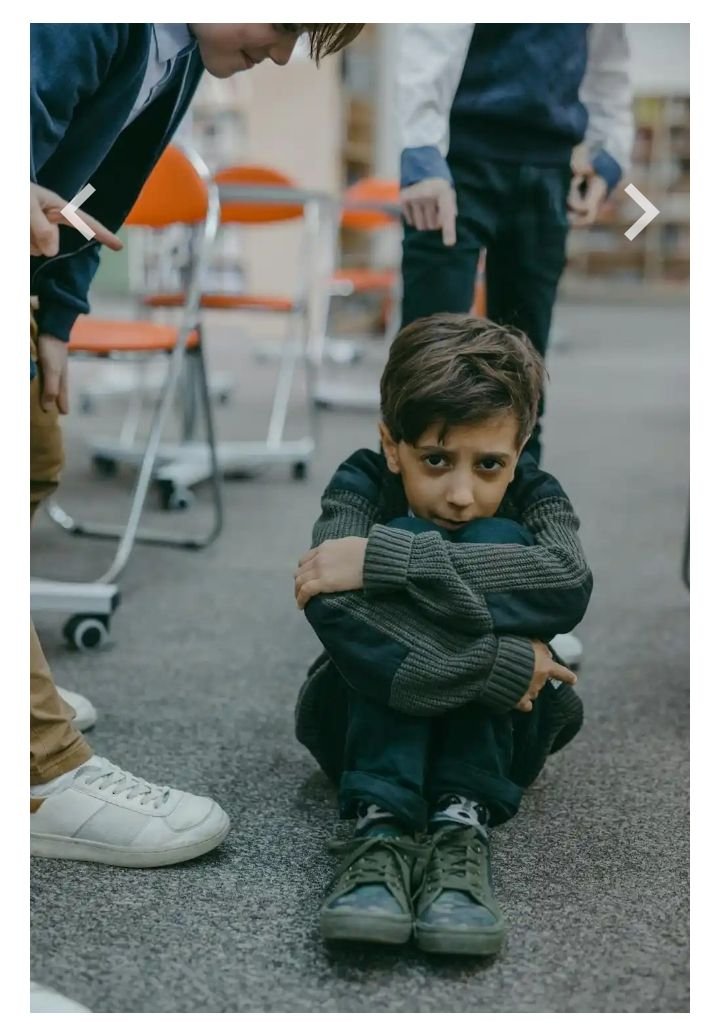
Source
As someone who is deeply passionate about education and the role it plays in shaping the future of our children, I often reflect on the immense challenges teachers face daily. Teaching is more than just imparting knowledge; it requires patience, emotional intelligence, and a strong moral compass. Unfortunately, these pressures can sometimes lead to incidents that spark public outrage, like the recent Ikorodu teacher's case.
This incident has brought to the forefront the importance of classroom ethics and the need for teachers to master effective discipline strategies while managing stress. Having trained teachers and worked closely with schools, I know how critical it is to prioritize professionalism and emotional control in the classroom, regardless of external pressures.
The Ikorodu Teacher, the 3-Year-Old Boy, and the Rest of Us
The teaching profession is not for the faint-hearted, the weak, or those with a short fuse. It requires resilience, patience, and a commitment to upholding professional standards.
While teaching is not meant for everyone, circumstances such as survival or other personal reasons may lead one into the classroom. Regardless of how one ends up in this field, it is crucial to learn and abide by the ethics, dos, and don’ts of the profession to avoid problems and challenges.
On the online show “Education Matters with Nsisong Sampson,” we don’t choose topics randomly or merely for content creation. The issues we discuss reflect real-life situations in classrooms and the challenges teachers face daily. Listening to the show provides practical insights and valuable lessons.
For instance, in one of our episodes, we discussed “How to Discipline a Learner Without Flogging Them.” After sharing the video, many viewers expressed how much they learned from it. The link to that episode is below.
Link
In another edition, we tackled Stress Management. The guest speaker provided deep insights, which resonated with the audience, leading to requests for a follow-up session. Stress, if left unchecked, can trigger anger, making this topic especially relevant for educators. The link to that discussion is also included below.
Link
Returning to the Ikorodu teacher’s incident...
I personally condemn the action taken against the young boy, but I do not condemn the teacher herself. Her behavior was inappropriate and unacceptable both educationally and ethically. No parent, myself included, would tolerate seeing their child treated in such a manner.
From an educational standpoint, her actions violated classroom ethics and are indefensible. Legally, her conduct is punishable, and the involvement of law enforcement is the correct course of action in this case.
However, the harsh truth is that many of us criticizing her on social media might have acted worse under similar circumstances, especially if placed in her position with all factors being equal. Some of us pointing fingers may have made grave mistakes ourselves but have simply not been caught.
My prayer for her is this: May she have the grace to endure her punishment, learn from the experience, and come out stronger without being traumatized.
Let's Note :
This incident serves as a wake-up call for us all. Educators, parents, and stakeholders to rethink how we handle challenges in the classroom. How do we support teachers in managing stress? What effective strategies can we promote for discipline without physical punishment?
Join the conversation! Share your thoughts in the comments section. Let’s work together to create a more positive and supportive educational environment for our children and educators alike.
Thanks for stopping by my blog, I am @nsigo1